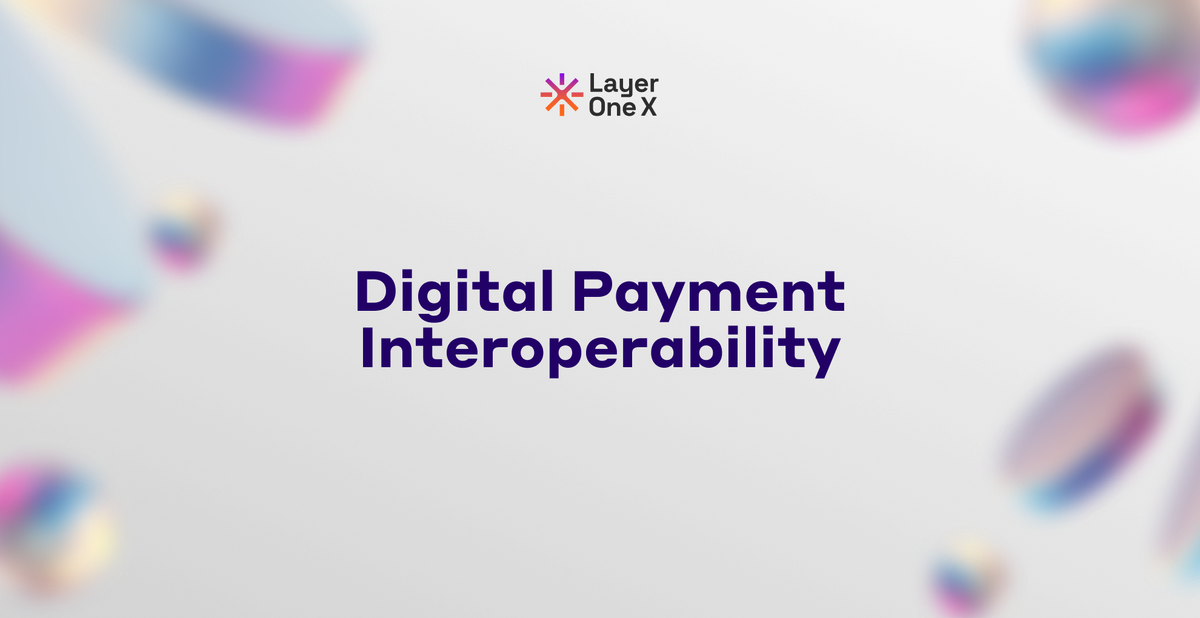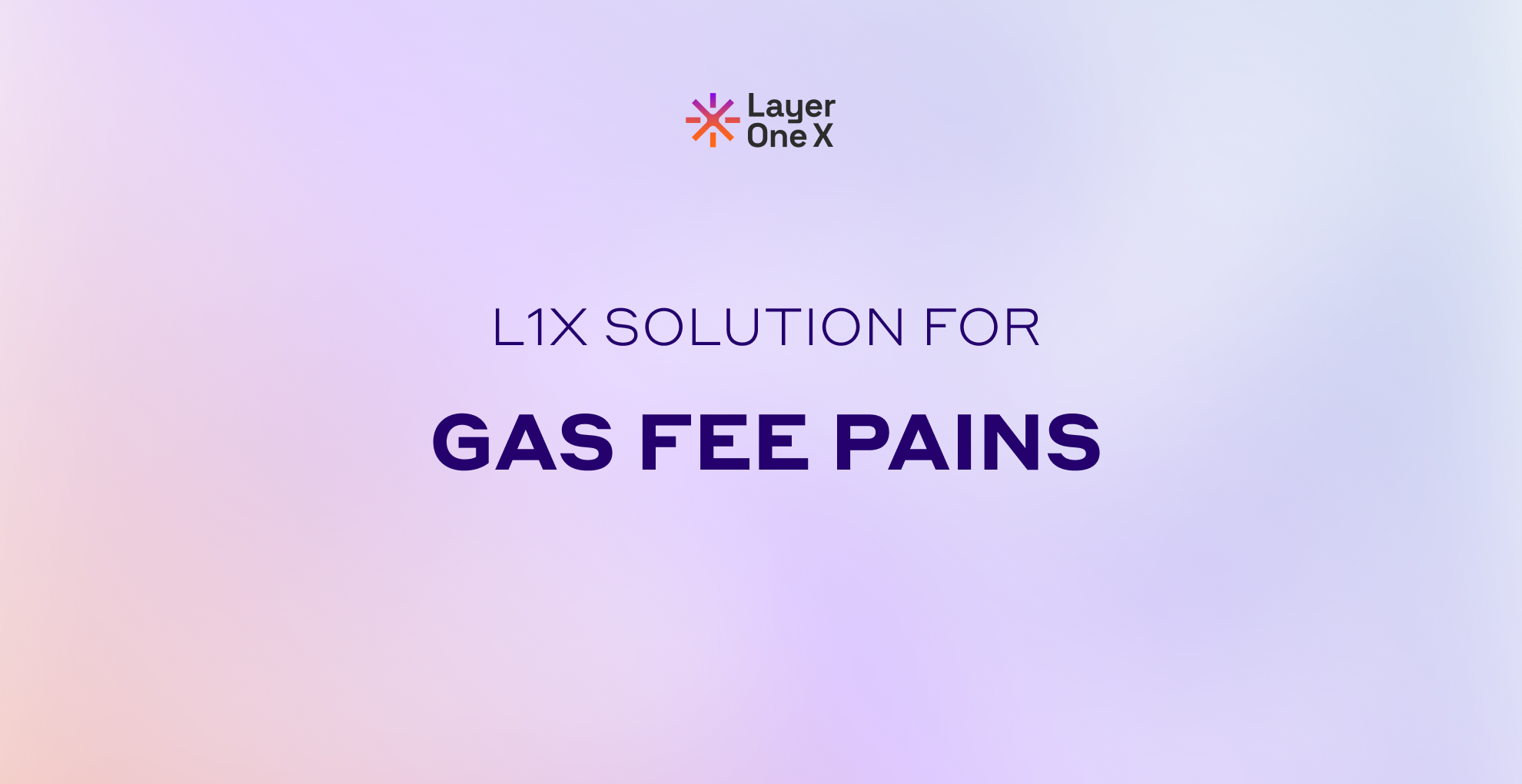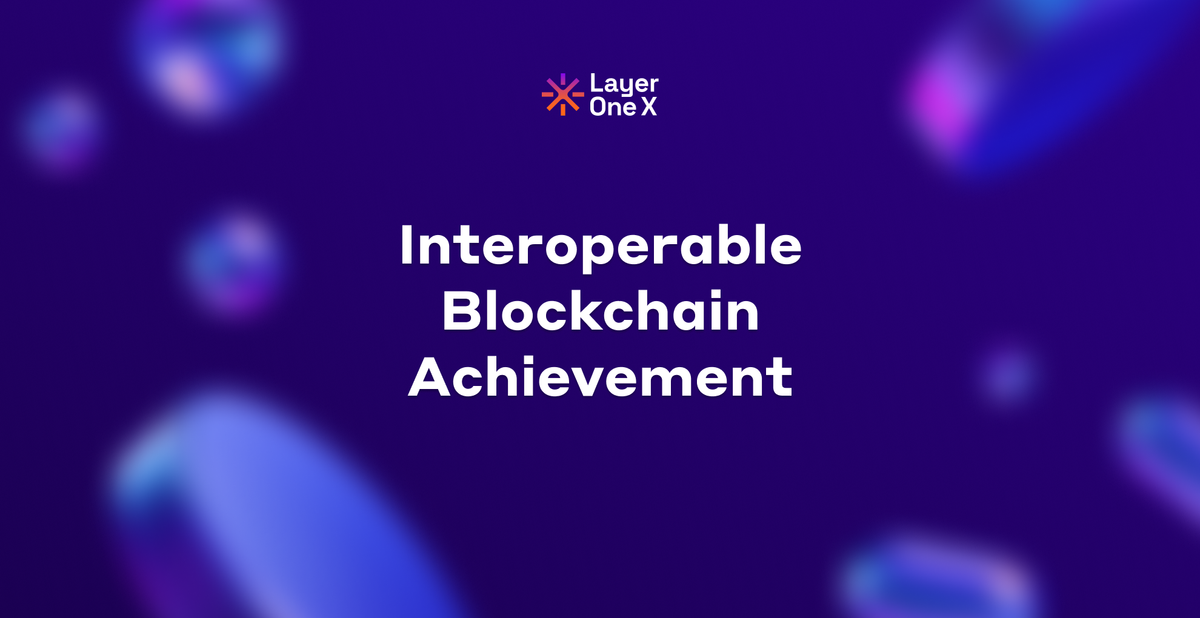Have you ever tried to send a friend a stablecoin? It's pretty simple if both of you are on the identical blockchain. But why is it so hard to transfer your cryptocurrency to people on other chains? Is it because of the scale of digital payment adoption?
Digital payments are becoming increasingly popular as a secure and efficient way to transfer money. But, with the rise of different blockchain networks, it has become difficult for businesses to access the full benefits of digital payments. Blockchain interoperability is a new technology that solves this problem. By connecting different blockchain networks, businesses can access the chain's features of each network to ensure a streamlined digital payments experience.
This article will discuss the importance of blockchain interoperability and how it can improve digital payments.
What Issues Currently Exist in Blockchain Digital Payment Systems?
Digital payment systems are becoming increasingly popular, but several issues still need to be addressed.
One of the main issues is the need for blockchain interoperability. Blockchain technology provides the ability for many digital payment systems. Yet, many of these blockchains are different from one another. As a result, the blockchain industry requires better technology to transfer funds between chains.
Another issue is the need for more security protocols. Many digital payment systems lack proper security measures, which makes them vulnerable to malicious attacks. Finally, the scalability of digital payment systems is also a concern. As more people use digital payment systems, the networks become congested and transaction speeds slow.
There needs to be a solution to these issues for digital payment systems to become more reliable and secure.
Why Is Interoperability in Blockchain-Based Digital Payments So Important?
Blockchain-based payments are important because they offer a more secure and efficient way to transfer value.
Blockchain technology enables the secure exchange of data without needing a third-party intermediary, making transactions faster and more cost-effective. Additionally, blockchain-based payments are immutable, meaning they cannot be changed or reversed. This process reduces the risk of fraud and makes it easier to track digital payments.
Furthermore, blockchain interoperability technology allows for the seamless transfer of value between different blockchains. Now consumers can make payments across various networks more accessible and secure. This technology is vital to businesses making payments across borders or in different currencies.
Interoperability reduces costs and increases security and efficiency in the global blockchain payments industry.
How Do Blockchain Digital Payments Work?
With blockchains, there is no need for intermediaries because the chain provides transparency and security.
In addition to eliminating the need for intermediaries, smart contracts implement and automate business logic to make conditional payments based on the occurrence of certain events.
The following are a few examples of blockchain use cases in payment systems.
- Transfer among Individuals — Blockchain-based payment system enables fund transfer directly among individuals without commission. Also, the cost of a money transfer is reduced as no intermediaries are involved. As a result, decentralized payment systems are not limited to geographic limitations.
- Transfer across Borders — Cross-border money transfers are facilitated by blockchain technology. There are no intermediaries needed to enable a quick and low-cost cross-border transfer. This eliminates the need for intermediaries, making cross-border payments secure and transparent.
- Finance for Trade — In order to ensure transparency and accountability, the automation of business processes through smart contracts will eliminate manual intervention on invoices, bills, etc. This will end up removing the need for manual intervention on business processes.
- Digital Identity Verification — The blockchain-based payment system simplifies the identity verification process by eliminating the need to go through multiple KYC checks at each bank for the same individual.
By using a blockchain-based payment system, identity verification is done in one place across numerous institutions. These types of systems give individuals the authority to act as they see fit.

What is the Correlation between Blockchain Interoperability and Digital Payments?
The lack of technical standards and governance standards has led to the fragmented adoption of blockchain. This serves as the challenge for the smooth integration of blockchain-based payment systems with existing systems.
Blockchain interoperability is an essential factor in payments for many reasons. Interoperability allows for a more secure and efficient transfer of digital assets between different blockchain networks. Likewise, users can complete transactions without worrying about compatibility issues or security risks. With blockchain interoperability, users experience a more efficient and secure payment system.
Additionally, blockchain interoperability can help reduce transaction costs and speed up the payment process, making it easier for customers to pay for goods and services. In short, blockchain interoperability is an important factor in the future of digital payments.
Layer One X makes it possible for developers to build with interoperable technology. See how we lead the front to a faster and more secure way to build the future between different blockchains.
About Layer One X
Stay updated on Discord and Social Media, and do not miss the latest news!




